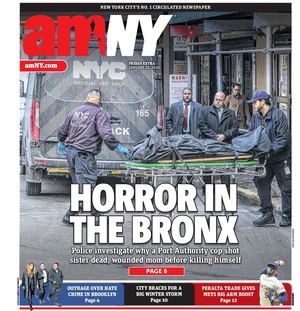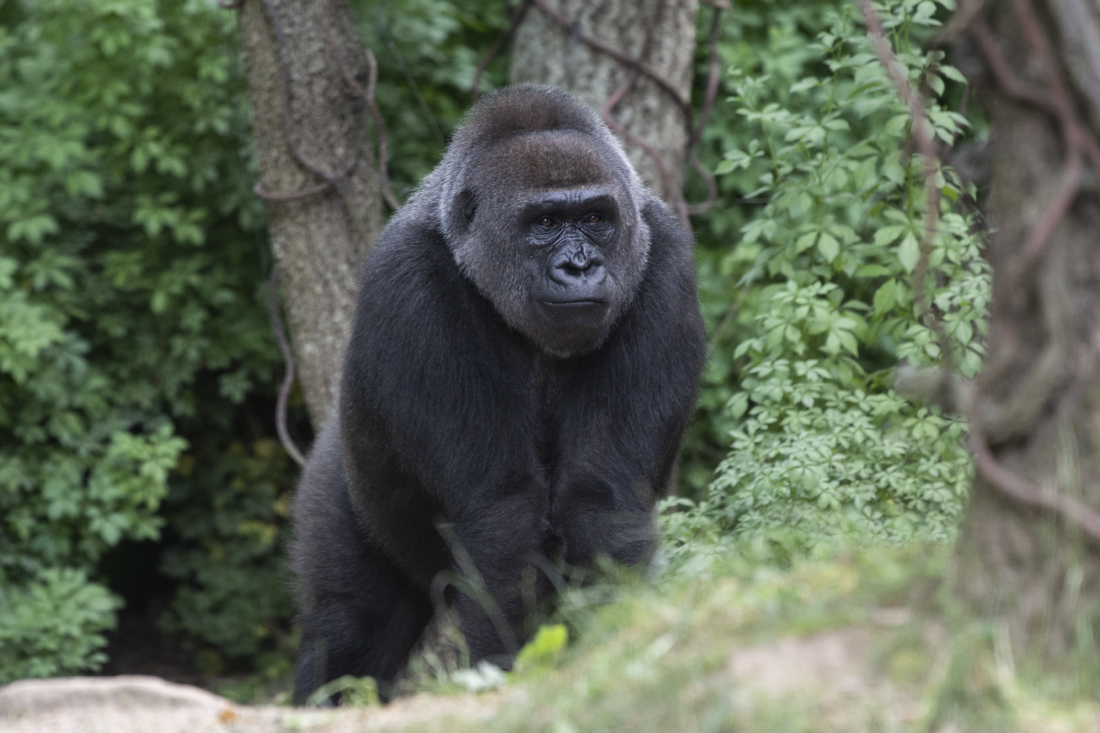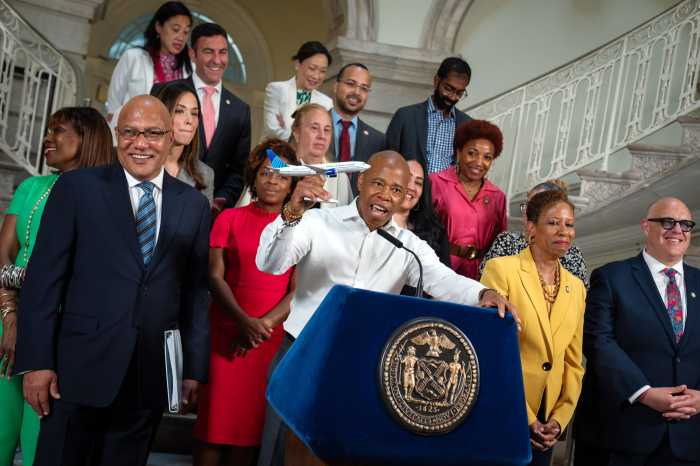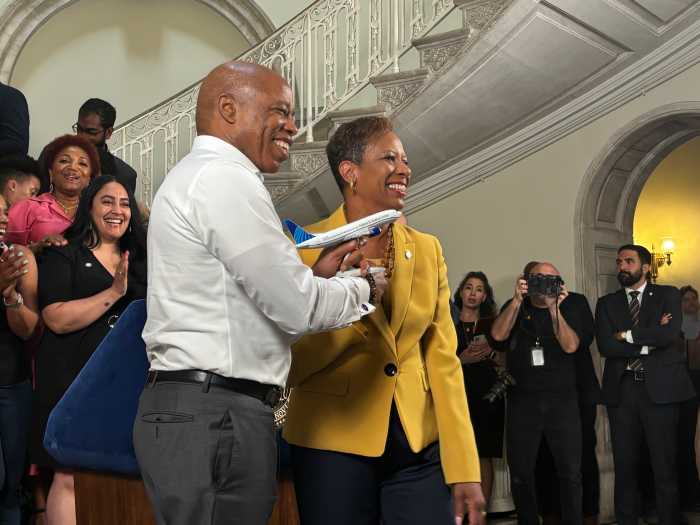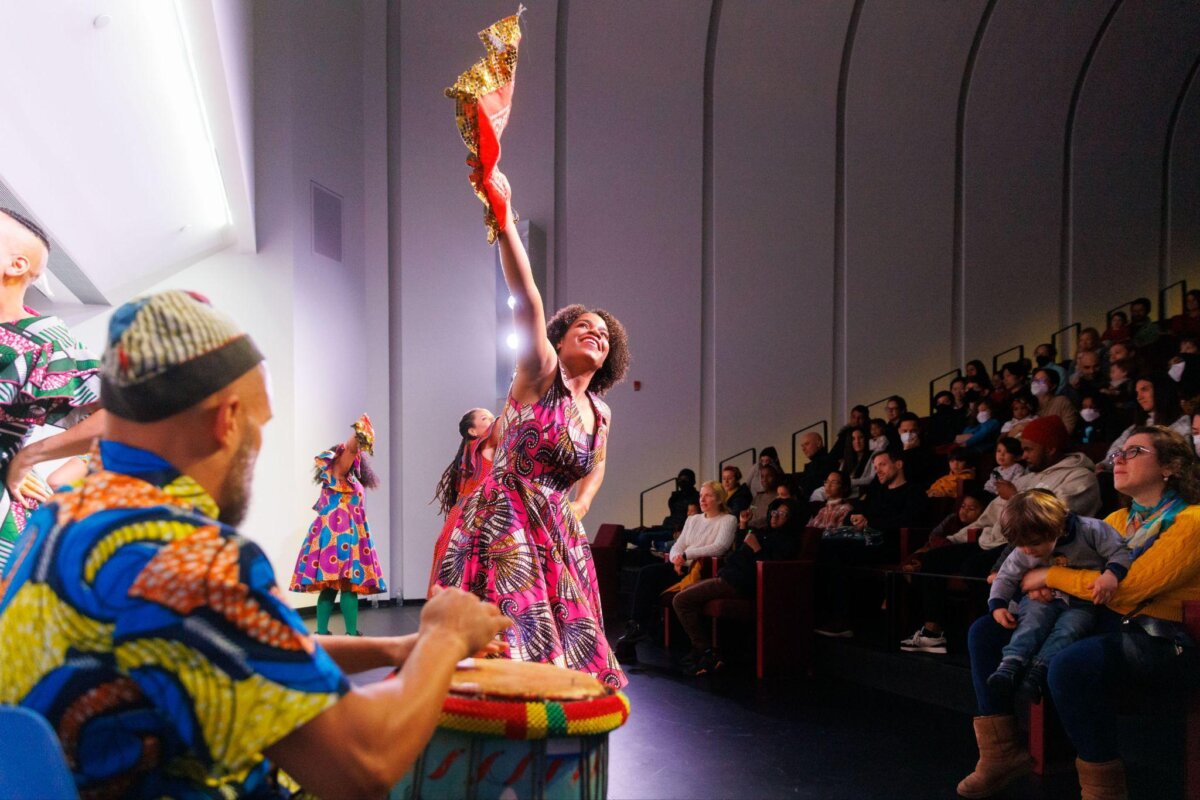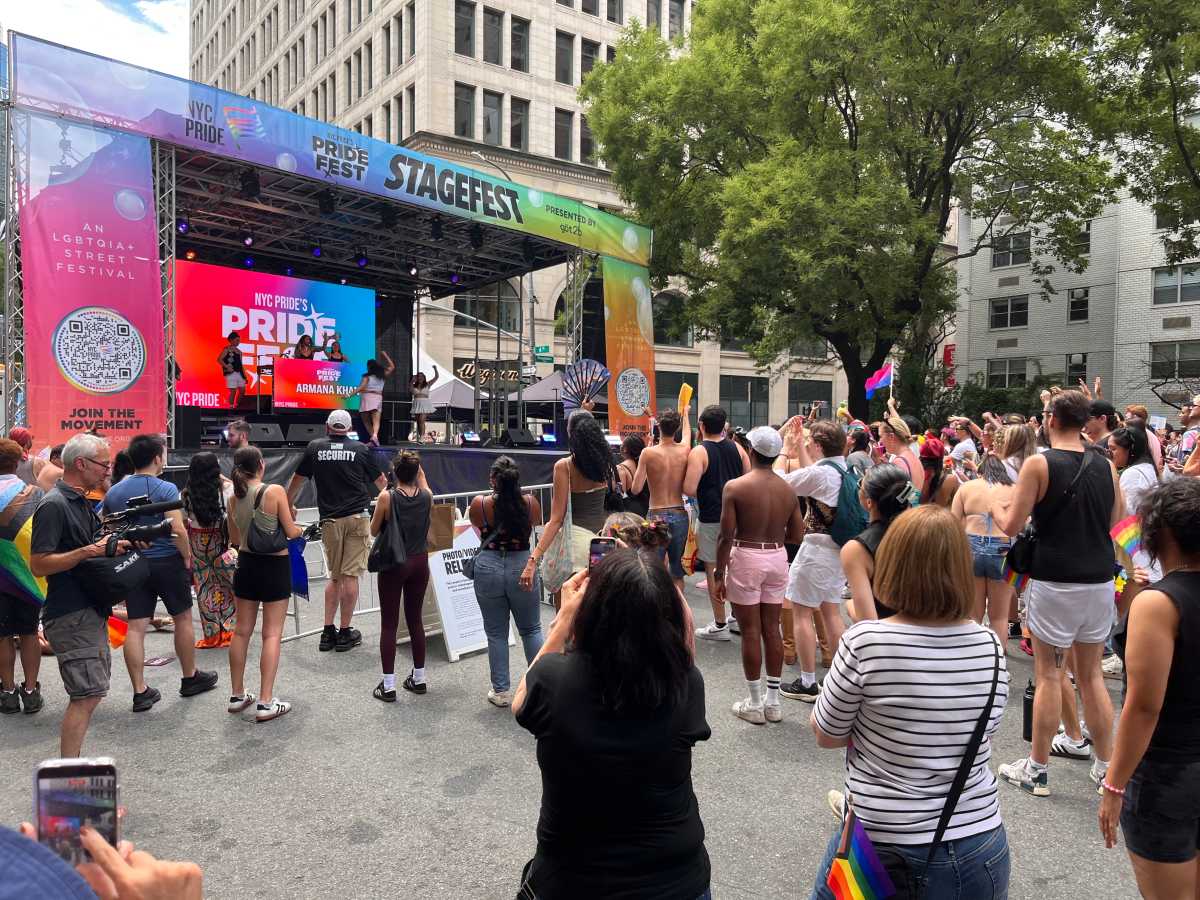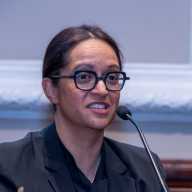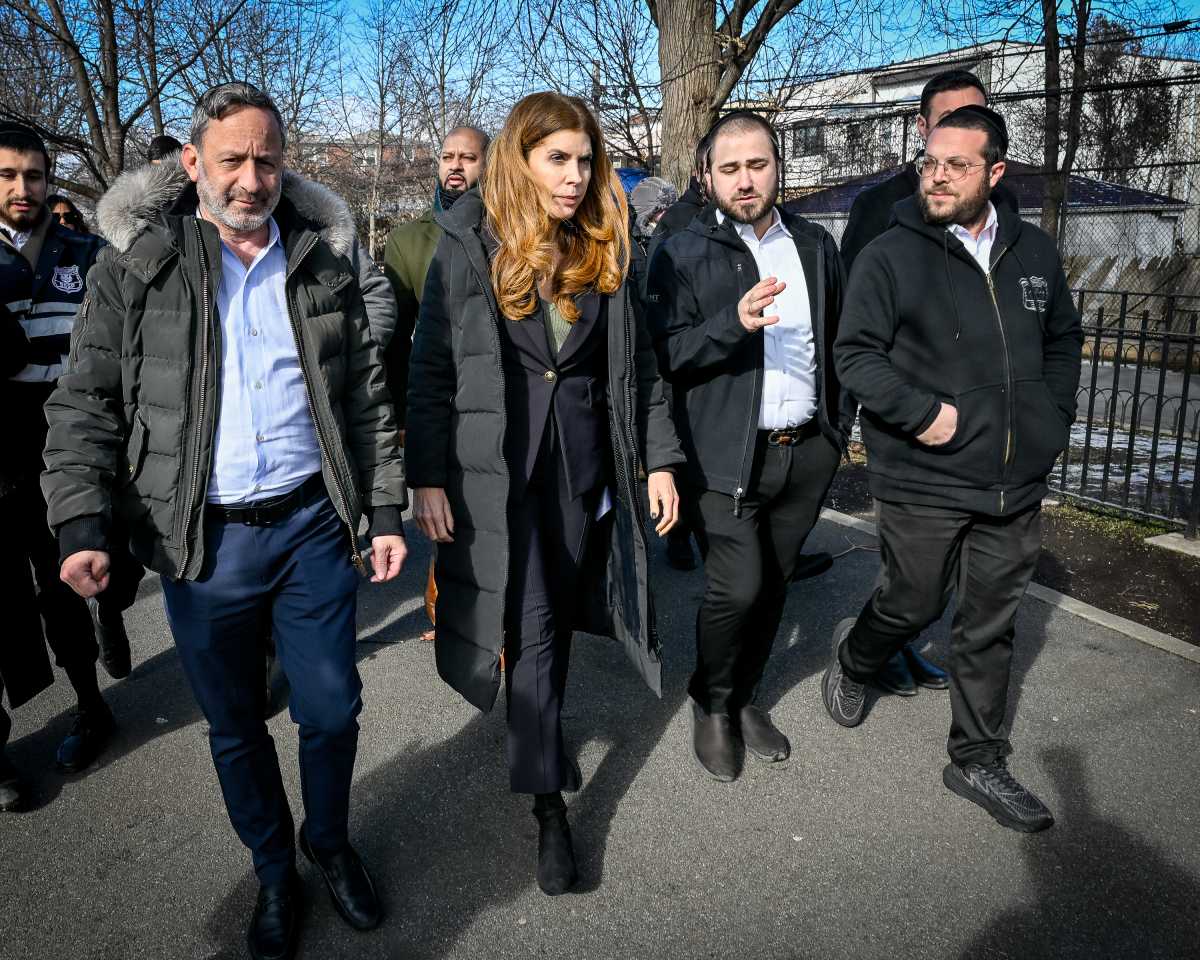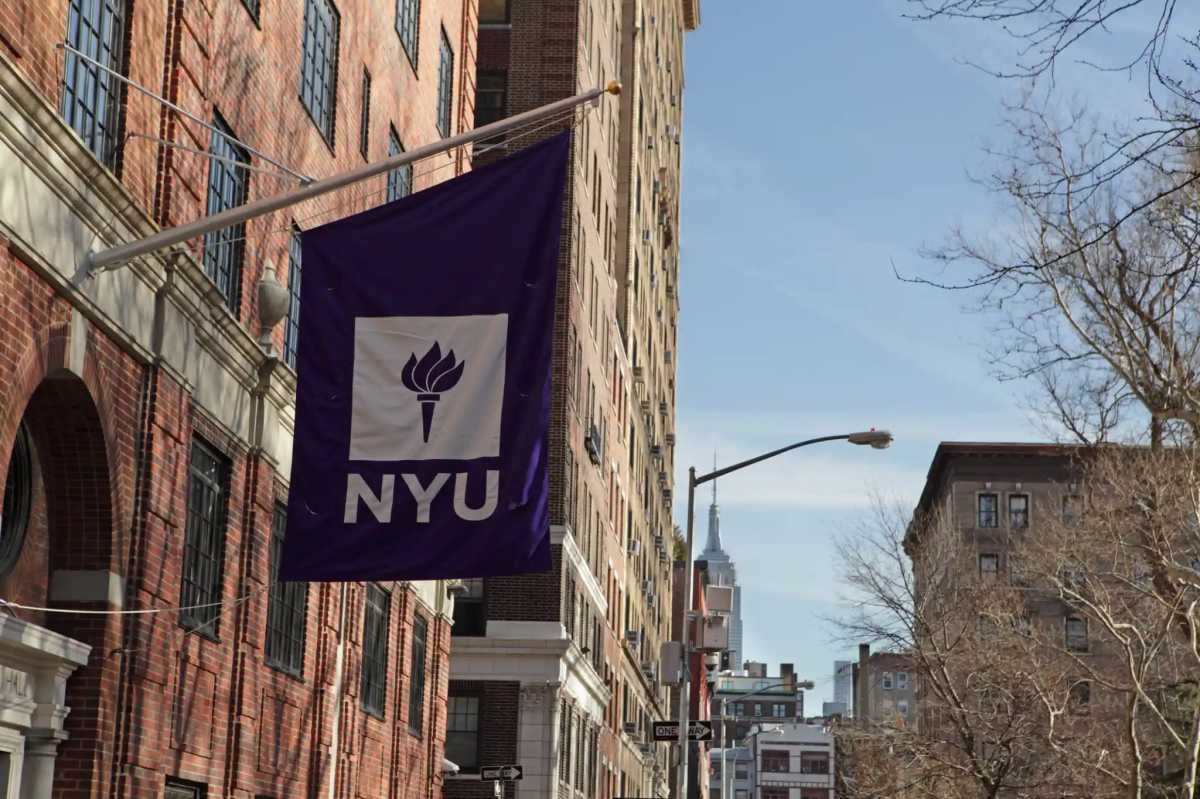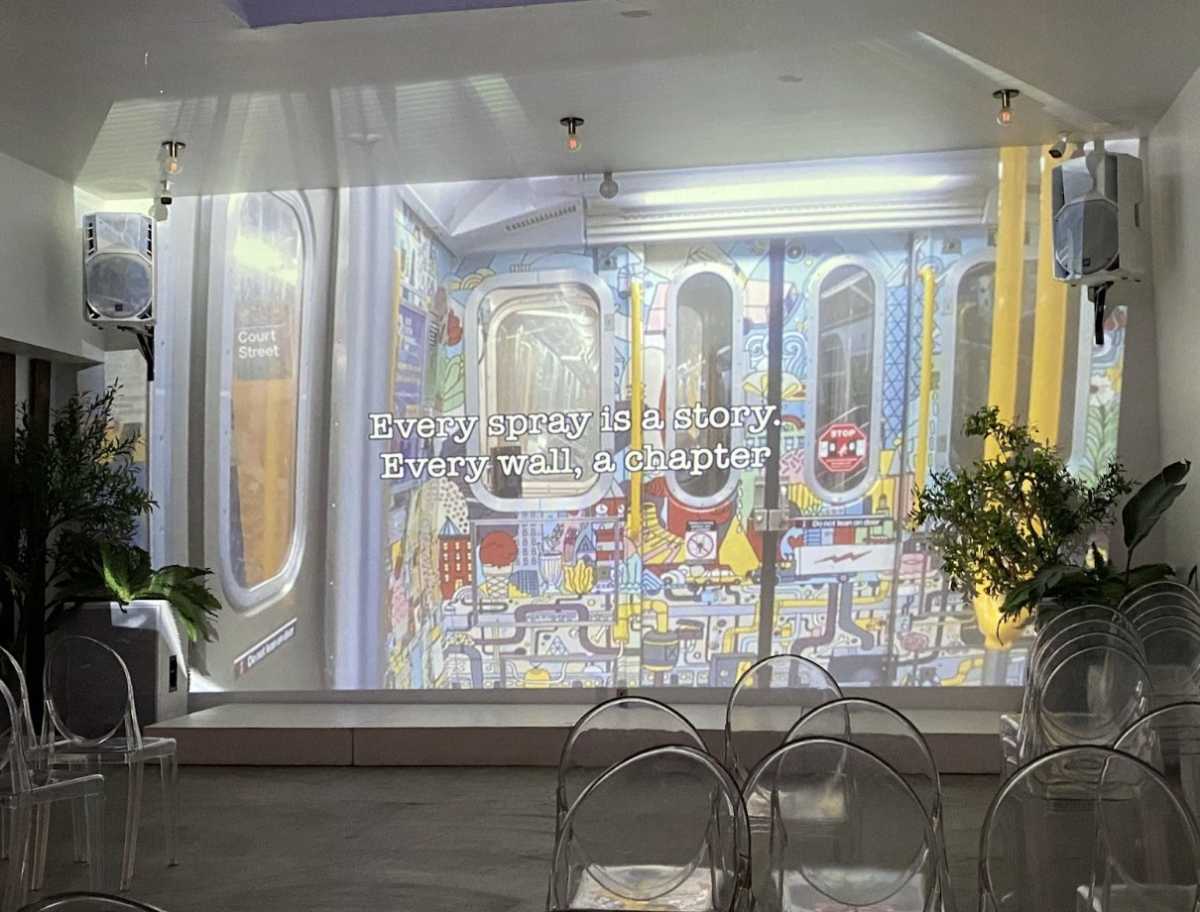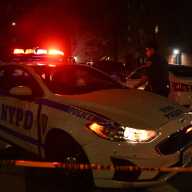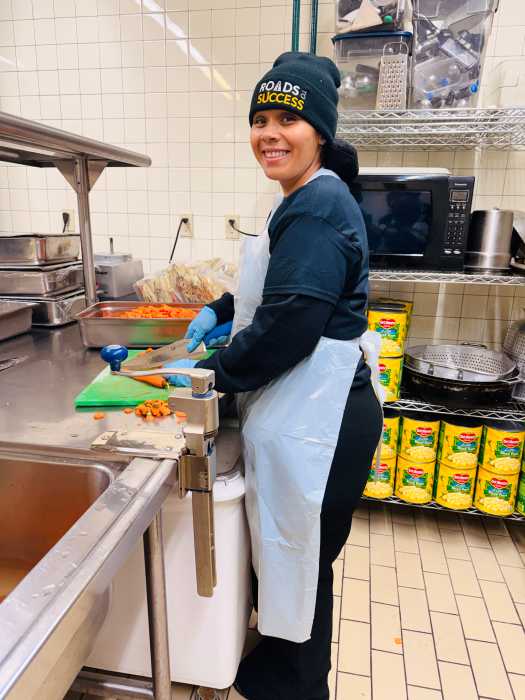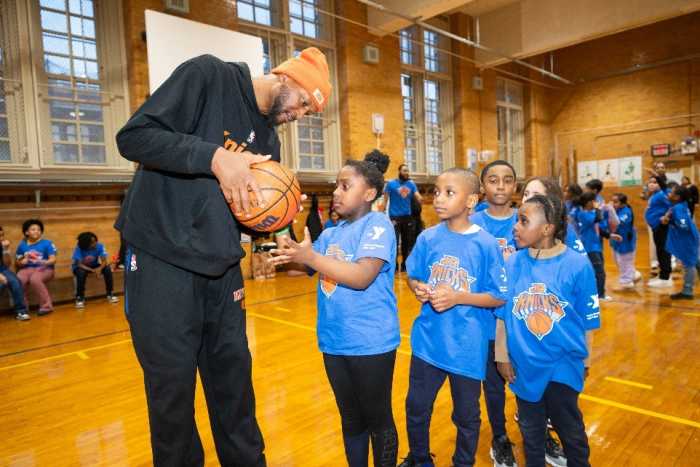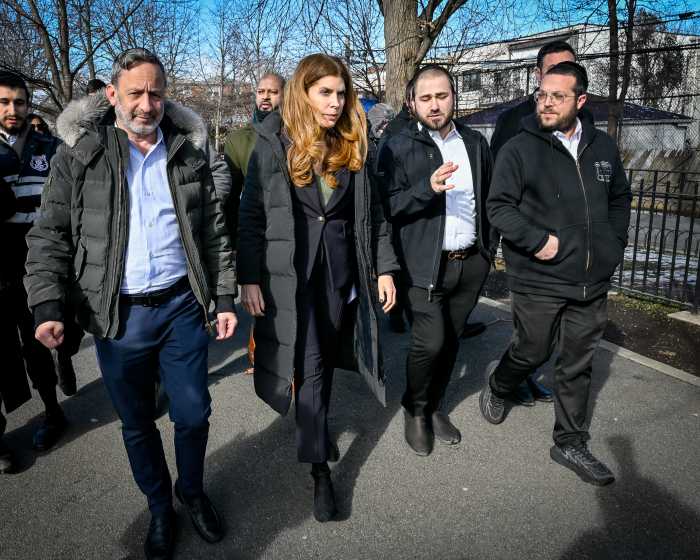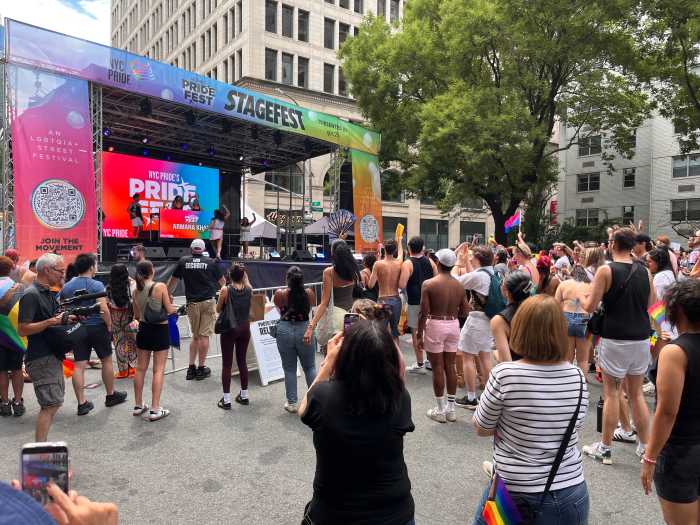A local advocate is continuing to call out New York City cultural institutions, including the popular Bronx Zoo, for not providing more free admission days — which she says likely puts them in violation of state law.
Pat Nicholson, founder of the Free Admission campaign, has worked for more than 20 years to push the Bronx Zoo and the city’s other public-private attractions to offer more free admission days to New Yorkers, which she said are required by the laws and spirit of reciprocity under which they were established.
The Bronx Zoo currently offers free admission on Wednesdays. But “for 150 years, no one has looked at any of the laws on the books” to determine whether the Bronx Zoo and other quasi-public institutions — such as the Bronx’s Wave Hill, the botanic gardens in Brooklyn and the Bronx and the Metropolitan Museum of Art in Manhattan — to determine whether they should be doing more, Nicholson said in an interview with the Bronx Times.
The campaign hired Brooklyn-Based firm Sedreddine and Whoriskey, LLP to analyze the Bronx Zoo’s free admission policies. The November 2023 report stated that it appears the zoo is currently obligated to provide three free days per week. The analysis also concluded that more study with non-public information is needed to determine the zoo’s obligations.
In the meantime, the Bronx Zoo and other institutions are benefiting from residents’ tax money without returning the favor, according to Nicholson. “They’re just doing what the contract lets them do.”
The Bronx Zoo, operated by Wildlife Conservation Society (WCS), opened its gates in 1899 and held a celebration in April for its 125th anniversary. Over its many years, who controls the zoo has become a complicated question.
The city’s Parks Department owns the Bronx Zoo, according to the agency’s website, and it is “managed and administered” by WCS, the nonprofit organization that operates the Bronx, Central Park, Prospect Park and Queens zoos, as well as the New York Aquarium.
The Department of Cultural Affairs website also lists WCS/Bronx Zoo as part of its 34-member Cultural Institutions Group of public-private organizations.
The group’s members are all “located on city-owned property, and receive significant capital and operating support from the city to help meet basic security, maintenance, administration and energy costs,” according to the website. “In return for this support, these institutions operate as publicly-owned facilities whose mandate is to provide cultural services accessible to all New Yorkers.”
For this story, the Bronx Times contacted the Parks Department — who deferred questions to WCS — and left a voicemail with the Department of Cultural Affairs, who did not respond prior to publication.
The city provides millions in operating support to WCS-run attractions. The Bronx Zoo and New York Aquarium received a combined $17 million in 2022, over $16 million in 2021 and $17 million in 2020, according to the legal report (financial records combine these two institutions).
The Free Admission campaign reports that WCS/Bronx Zoo receives about $52 million per year in “free rent” funded by taxpayers.
The city owns the land and WCS holds what amounts to an exclusive license on it, according to the Seddredine and Whoriskey report. It also states that WCS financial records do not report the value of rent on the land that it does not have to pay for across its five zoos (at Central Park, Queens and Prospect Park, in addition to the Bronx) and the New York Aquarium.
Legacy of free admission
The report by Sedreddine and Whoriskey detailed the history of free admission policies at the Bronx Zoo. According to the analysis, the zoo’s original charter required free admission four days per week, with Sundays as one of the required free days.
The report cited the 1895 Act that established the New York Zoological Society (NYZS), which changed its name to WCS in 1998. The first annual report by NYZS in 1987 stated that its primary goal was “the establishment of a free zoological park containing collections of North American and exotic animals, for the benefit and enjoyment of the general public, the zoologist, the sportsman and every lover of nature.”
In 1969, the state cited the city’s financial hardships in amending the statute to bring the requirement down to three free days and removing the Sunday requirement. The same happened in 1991, when the state legislature brought the requirement down to one day per week, again citing budget shortfalls.
However, the exemptions were clearly intended to be temporary, and they came with expiration dates after which the zoo would have to revert back to three free days, said the report.
The date to return to three days was extended eight times between 1994 and 2015 — and the last extension expired July 1, 2020.
Since then, the state law has not changed, so three free days should have again become the law of the land, according to Nicholson.
But Sen. Gustavo Rivera, who has previously sponsored a bill to extend one-day free admission, offered another explanation. His office said in an email to the Bronx Times that although his bill introduced in the 2019-2020 session remained in committee and was never signed into law, an equivalent extension of the one-free-day policy was passed into the state budget that year.
Rivera’s staff said that extensions allow the zoo to remain at one day per week of free admission until December 2025, when the extender will expire.
But Nicholson said even if money was allocated in the budget to allow for the continuation of only one free day, the state law requiring three has not changed. She said Rivera’s stance shows the need for further study because “[n]othing in the legislation authorizes the city to set admissions policies absent state approval,” according to the report.
“It’s so much bigger than the notion of the Bronx Zoo,” said Nicholson.
In light of the substantial support it receives from taxpayers, the zoo and similar institutions are giving back less than what they owe to New Yorkers, Nicholson said.
“They’re choosing not to meet their obligations.”
Free Wednesdays
In addition to free admission on Wednesdays, the zoo brings in thousands of other free visitors annually, according to zoo leadership.
“In the recent fiscal year, more than 329,000 guests visited the Bronx Zoo for free through Free Wednesdays and a variety of community programs and partnerships,” WCS Executive Vice President John Calvelli said in a statement to the Bronx Times.
But on Wednesdays, advance registration is required, is limited to four tickets and does not include all zoo attractions. Wednesday visitors receive “limited admission” for free but must pay $17.95 for access to all exhibits and attractions.
Sen. Luis Sepúlveda, whose district includes the southern end of the zoo, said the zoo should be doing more to expand free admission — and at least Bronx children should always be allowed to visit for free.
The zoo is an expensive outing for many local families, Sepúlveda said in an interview with the Bronx Times. He cited the poverty in Senate District 32, where the median household income is $36,805 with 43% of children living under the poverty line, according to 2022 census data. The district is home to a higher-than-average number of children with 27% of residents are under age 18, about 1.3 times the state average.
Regular prices for the Bronx Zoo vary based on peak- and off-peak timing and begin at $37.95 for ages 13 and up, $33.25 for seniors and $28.75 for children ages 3 to 12. For a family with two parents and two young children, this totals $144 at minimum. Family membership starts at $230 annually and includes unlimited visits for two adults and up to four children.
Local families are pushing free days to the limit, said Sepúlveda. Looking out at the zoo from his home window, “You see how full it gets on a Wednesday,” he said — and many families can’t make it on Wednesdays because of work and other obligations, he added.
Sepúlveda said he hopes the zoo will voluntarily offer more free admission, at least for Bronx children. But he has also joined Sen. Cordell Cleare of Harlem to co-sponsor a bill calling for the examination of “current barriers to public access” at 17 cultural institutions across New York City, including the Bronx Zoo. The bill has been introduced in the Senate and Assembly and is currently in committee. Cleare’s office did not respond to requests for comment.
The Free Admission Campaign website links to a petition with 1,784 signatures in support of the bill as of July 15, 2024. Nicholson said the study proposed in the bill — which would include information not currently available to the public — is an important step towards understanding the financial standing and laws surrounding the city’s tax-subsidized attractions.
Until the law changes, the Bronx Zoo and similar attractions have little reason to change the status quo — and most New Yorkers don’t realize what they’re missing, said Nicholson. She believes more families from across the five boroughs should be able to walk into the Bronx Zoo and enjoy it without barriers to access.
Even a pay-what-you-wish model, like that used at the Met, creates potential obstacles because everyone must pay something, said Nicholson. More of the city’s institutions should operate like the public library, where one only needs a free card to take advantage of everything it has to offer.
The Bronx Zoo and others “make it so that every family has to think about what they have to do in order to get through the doors of these institutions,” said Nicholson. “We don’t have the knowledge of what our rights are.”
Read More: https://www.amny.com/new-york/bronx/
